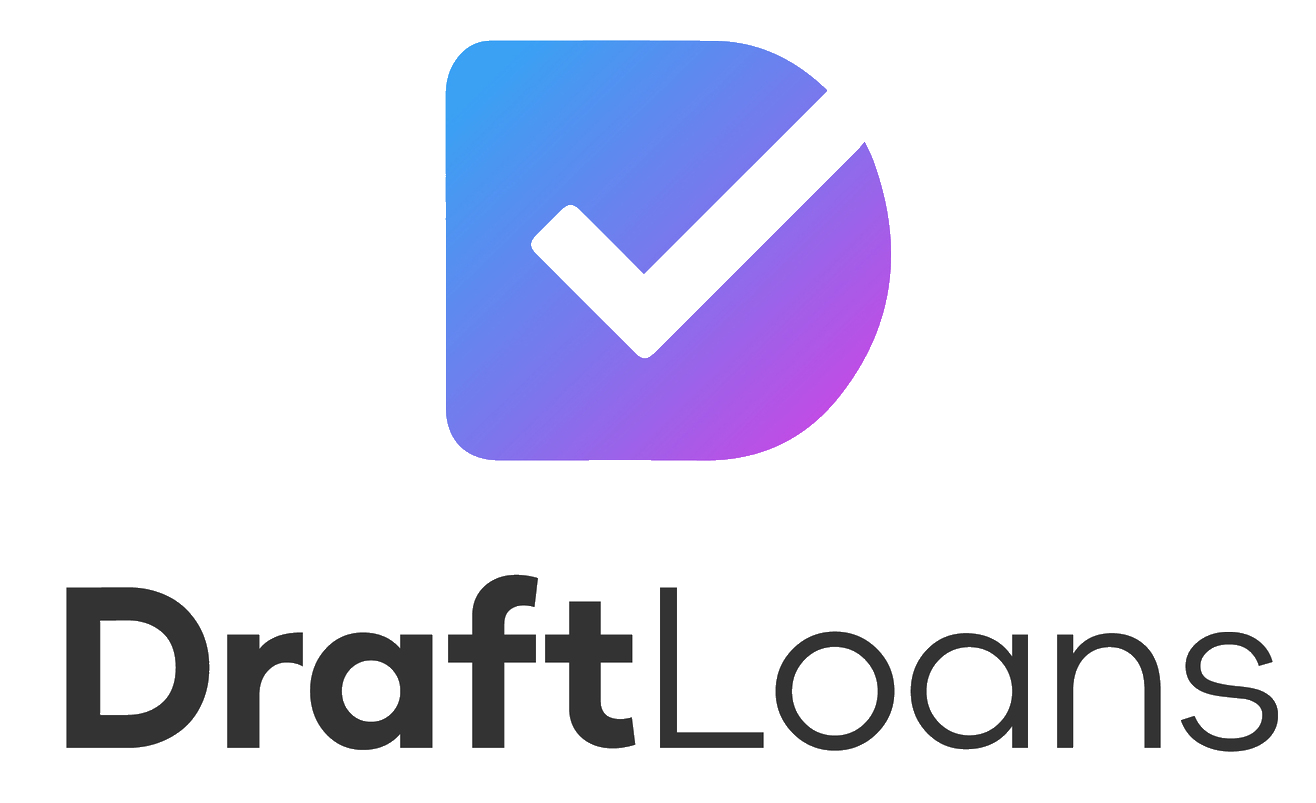Payday loans are often a topic of discussion when it comes to quick financial solutions but what is the meaning of a payday loan? They cater to individuals facing immediate cash needs, typically due to unforeseen expenses or shortfalls before the next paycheck. These loans have become a fixture in the financial landscape for their promise of convenience and rapid access to funds. In this article, we explore the definition, purpose, and operational mechanics of payday loans, aiming to demystify this financial service and provide a comprehensive understanding of its implications within the broader spectrum of personal finance.
If you’d like help with money, you can apply for a payday loan with us.

Understanding Payday Loans
A payday loan is a type of short-term borrowing where a lender provides credit to a borrower, with the expectation that it will be repaid with interest upon the borrower’s receipt of their next paycheck. Here’s a closer look at the defining aspects:
Loan Mechanics: Payday loans are characterized by their minimal borrowing requirements, which often include proof of income and a valid ID, but not a credit check. Borrowers typically receive a small amount of cash – usually a few hundred dollars – which they are expected to repay within a short period, often two to four weeks.
Interest Rates and Fees: The cost of taking out a payday loan is generally higher than traditional loans. Lenders charge high fees, which when converted to an annual percentage rate (APR), can exceed several hundred percent. This high cost is attributed to the high risk of default and the short-term nature of the loan.
Repayment Terms: Payday loans are due in full on the borrower’s next payday. If the borrower cannot repay the loan, they may have the option to ‘roll over’ the loan, incurring additional fees, or they may be offered a repayment plan at the discretion of the lender.

Conclusion
Payday loans serve as a financial instrument designed for emergency situations requiring immediate cash. While they offer the convenience of quick funding without the need for good credit, they come at the cost of high-interest rates and fees, which can lead to a debt trap for unwary borrowers. Understanding these factors is crucial for anyone considering a payday loan as a financial solution. It is always advisable to consider alternatives and ensure that a payday loan is the right choice for your financial situation before proceeding.
If you’d like help with money, you can apply for a payday loan with us.
Frequently Asked Questions
What exactly is a payday loan?
A payday loan is a short-term, high-cost loan that is typically due on your next payday. It’s designed to help individuals cover immediate cash needs until they receive their next paycheck.
How much can I typically borrow with a payday loan?
The amount you can borrow with a payday loan usually ranges from $50 to $1,000, depending on the lender’s policies and the borrower’s residence state.
Are payday loans more expensive than other types of loans?
Yes, payday loans often have higher interest rates and fees compared to traditional bank loans, mainly due to their short repayment terms and the higher risk taken by lenders.
Do payday loans require a credit check?
Most payday lenders do not require a traditional credit check. However, they might verify your income and employment status and check your creditworthiness through other means.
What happens if I can’t repay a payday loan when it’s due?
If you cannot repay a payday loan when it’s due, you may have the option to roll over the loan (extend it for another term) or enter into a repayment plan. Be aware that both options may involve additional fees or higher interest rates.

